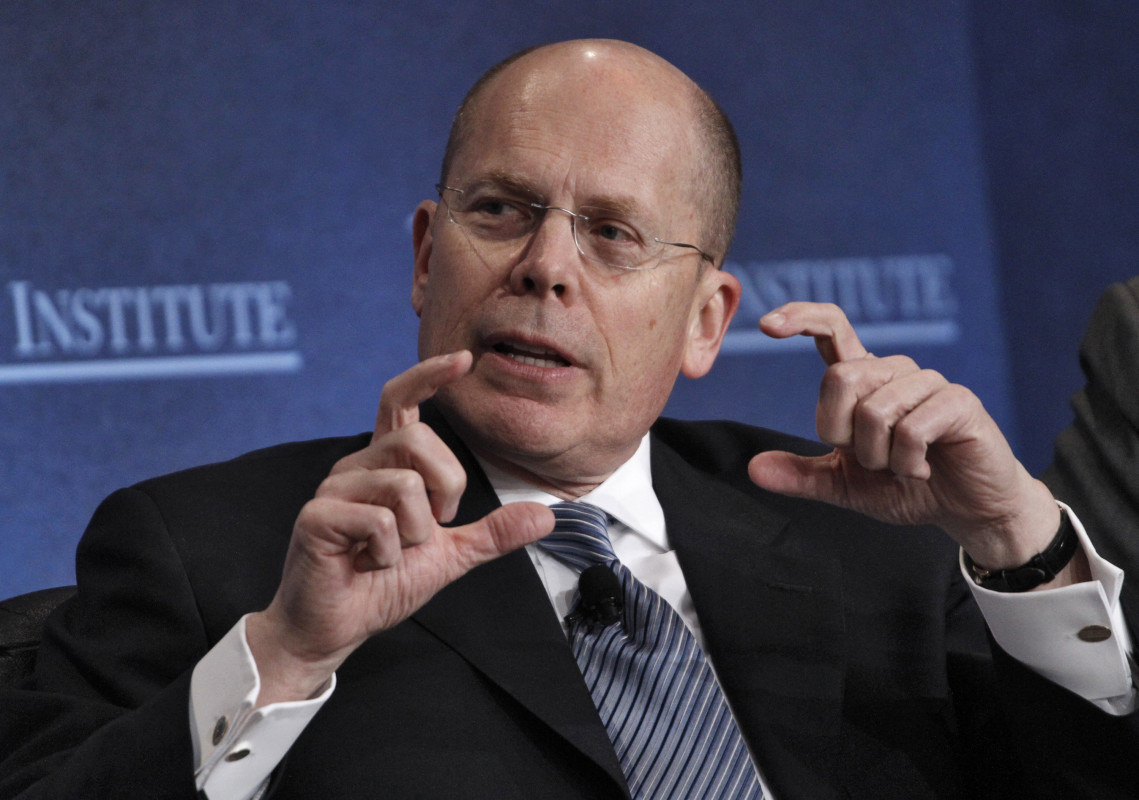UnitedHealth Makes Urgent Financial Move, Stock Plummets 40%

UPDATE: UnitedHealth’s stock has plunged 40% this year as the health insurance giant navigates a storm of legal scrutiny and financial turbulence. In a surprising last-minute move, the company has reportedly executed a financial strategy that could reshape its future, aiming to appease investors amid rising costs and disappointing forecasts.
The urgency is palpable. Just days ago, UnitedHealth (UNH) shocked the market by cutting its full-year profit forecast. Initially projected at approximately $30 per share, the new range of $26 to $26.50 has sent ripples through Wall Street. The company’s CEO, Stephen Hemsley, is now under pressure to restore investor confidence after a series of grim announcements, including a 46% drop in stock value over the past six months.
In a bold yet controversial move, UnitedHealth quietly sold stakes in various business units, raking in a staggering $3.3 billion in profit. The deals, struck with private equity firms like Warburg Pincus and KKR, included buyback clauses, allowing UnitedHealth to potentially reacquire the assets at higher prices in the future. This financial engineering is raising eyebrows, with analysts questioning the ethics and transparency of such maneuvers.
The timing of these transactions is suspicious, as they were reportedly pushed to close by December 31, 2022, and were kept under wraps until now. This secrecy has ignited speculation that UnitedHealth aimed to maintain its impressive streak of earnings beats, now spanning over 60 quarters. However, the latest reports suggest that without this last-minute financial twist, the company may have faced its first earnings miss in over 15 years.
The implications are severe. UnitedHealth’s stock has been under significant pressure since it issued a stark warning in January about rising medical expenses, forecasting a medical care ratio exceeding 86%. The company’s struggles intensified in April when it slashed its profit guidance, attributed to unexpected service costs. The situation worsened in May when the Department of Justice (DOJ) initiated a criminal investigation into the company’s Medicare Advantage billing practices, marking another chapter in its ongoing regulatory challenges.
Hemsley’s efforts to rebuild trust, including a direct appeal to shareholders, come amid a backdrop of declining stock prices and regulatory woes. As of mid-July, UnitedHealth has seen its stock value tumble over 40% year-to-date, prompting urgent calls for transparency from investors and analysts alike.
As the situation develops, all eyes are on UnitedHealth. Will this financial maneuver quell investor fears, or will it further complicate the company’s already fraught relationship with regulators and the market? Analysts are urging caution as the fallout from these revelations unfolds, with potential ramifications for both UnitedHealth and the broader healthcare sector.
Stay tuned for updates as this story continues to evolve. The stakes are high, and the impact of UnitedHealth’s decisions will resonate through the financial landscape in the coming weeks.






